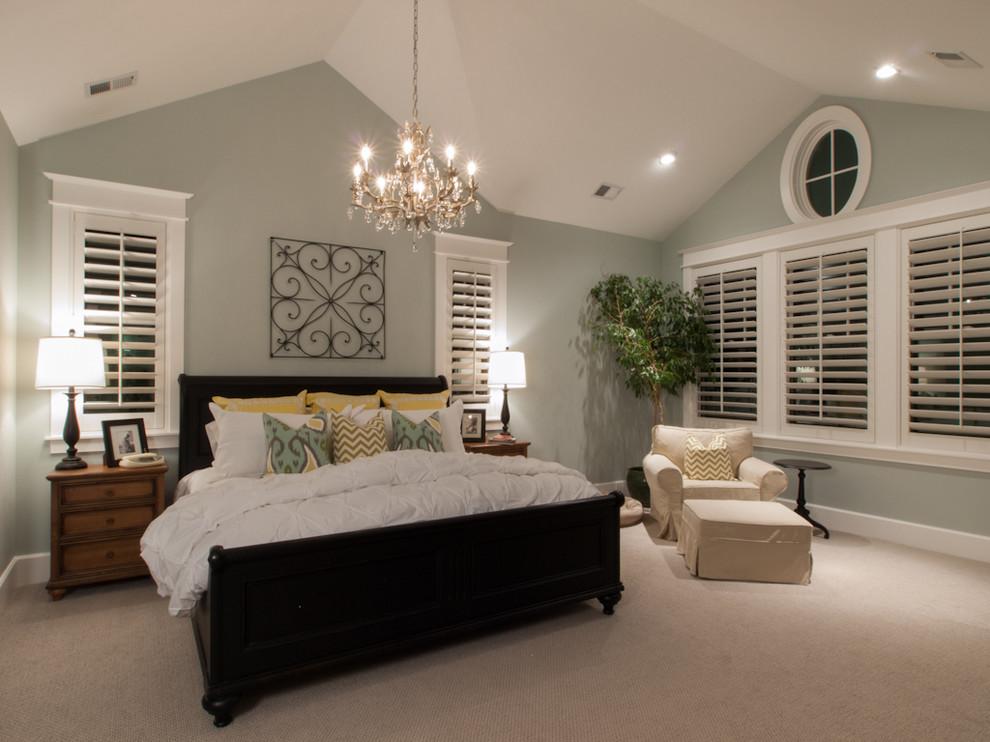Interior Decoration Design - Things You Need To Know
Interior decoration design is the science and art of improving the interior of a structure to create a more aesthetically pleasing and healthy environment for those using the space. An interior decorator is someone who designs, plans, coordinates and oversees these interior improvement projects. Interior decoration includes everything from window treatments to furniture, floor coverings, lighting, cabinets, toilets, sinks, baths, kitchens, etc. Toilet designs include everything from bathroom sinks to faucets, bathtubs to sinks, shower curtains to soap dishes.

There are many fields of specialization within the field of interior decoration design. Within the last two decades, there has been a major increase in the number of companies providing interior decorator's services. Interior decoration design encompasses all areas of decorating the interior of a house from bedroom furniture to kitchen design. Interior decoration also incorporates the field of decorative arts, like stained glass, furniture restoration and antique decorating. Many people specialize in only one or two areas of the field, while others are extremely good at everything.
Interior decoration design can be a very challenging career. It requires creativity, attention to detail, knowledge of materials and skills. Although there are some basics that everyone should learn, these tend to vary depending on the specific area of expertise. The most important qualification required for interior decoration design is a diploma, which can be acquired through many universities.
There are many different types of interior decorators. A person who is interested in working as an interior decorator will need to learn the basic techniques of interior design, like perspective and proportion. These techniques are very important for designing anything, including homes and offices. Some interior designers are specialized only in certain areas, such as stained glass or stone restoration. Other designers may have more general skill sets and be competent at any number of things related to interior decoration.
Decoration methods include painting, staining, glazing, molding, and furniture refurbishment. Each method is taught during different levels of training, and it helps if the prospective interior design student has a firm understanding of each before entering the field. Interior decoration training includes everything from selecting an appropriate color scheme to coordinating furniture and appliances to bring out the full creative potential. A student who wishes to become an interior designer must have a strong aptitude and commitment to the profession.
Many jobs exist in the field of interior decoration, ranging from individual consultants hired by home owners to large companies with entire office spaces decorated. Hiring an interior decorator is much like hiring a professional photographer. A person in this field is responsible for giving an overall impression to a space through design and art. This may involve a mixture of painting, textiles, and carpentry. Companies also employ interior decorators to manage daily operations and keep employees updated on company policies and trends.
If you plan to become an interior decorator, you will need basic business training, such as marketing, management, and accounting. You may also have to take classes concerning interior design, although these are not necessary. Courses such as these will help you obtain a degree, but it is not absolutely necessary. As long as you have a passion for interior decoration and an artistic nature, you can make a career out of it.
If you feel that you have what it takes to become an interior decorator, start by considering your own interests and hobbies, and then look for some job opportunities in the industry. You should keep in mind that being an interior decorator is a growing field, and competition is high. For this reason, you should apply for as many internships or apprenticeships as possible, in order to build a network and establish your portfolio. When you have gained enough experience and gained enough contacts in the industry, you can use your contacts to land jobs in the field.
Your comment